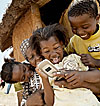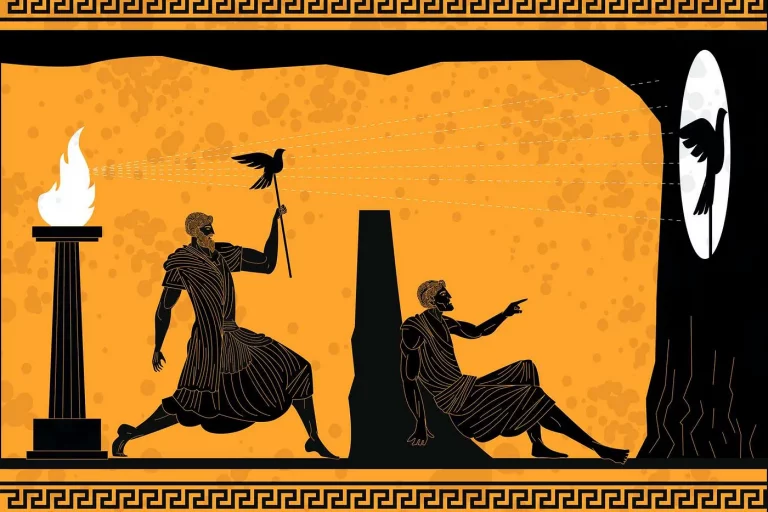A mobile revolution is taking place in the developing world
If you want to keep abreast on developments in this field, here is a crop of news stories from just this last week:
A recent special report in Business Week on how basic cell phones are sparking economic hope and growth in emerging — and even non-emerging — nations. The report takes a particular look at the micro- and macro-economic impacts of this development, and what it means for local entrepreneurs and major mobile operators. It also features an online extra on the use of mobile phones by artisans and tradespeople in rural India, a summary graphic and a slideshow;
A Reuters story on the beeping boom in Africa, what the social practices are, and how that is pushing mobile operators to innovate their services;
A post on the Vodafone R&D Betavine blog on the Mukuru Kash service that like Paypal will store funds that you pay to them online and then set up a voucher which can be redeemed at the petrol station for fuel;
“Next: bridging the digital divide“, a recent post by Niti Bhan, where she puts developments in the bigger picture of bridging the digital divide between the digital haves and have nots, and wonders what will happen if all these people in the developing world can also start accessing the internet from their mobile devices;
In a recent post on mobile banking, Barbara Ballard of Little Springs Design guides us to three blogs on the topic: Mobile Banking (news and analysis from Brandon McGee, a VP in charge of mobile banking), Mobile Money & Banking, and Mobile Banking, the blog of Hannes van Rensburg, CEO of a South African mobile banking provider Fundamo.
Note by the way that all the user research work by Jan Chipchase and others seems to have paid off: Nokia dominates the mobile handset landscape in India with an astonishing 74% market share.





Your observations are correct. Our experience is that the mobile revolution is leap-frogging the developing world. Mobile banking for example is more acceptable as a customer service offering in smaller markets (such as the Middle East) where the benefits outweigh the security considerations (or worries) to banks implementing mobile/SMS banking.
Interestingly, there are lot more enquiries for our product (Bank Smart – see wwww.acette.com ) from MESA region than from Europe or the Amercias.
[…] on this mobile revolution taking place in […]
Mobile banking in Africa, Middle East and South East Asia is often based on SIM card technology (so called SIM browsers). This technology is more secure than any other type of banking (including EMV chip cards and dual factor Internet banking). It is interesting that first world observers think that banking in developing worlds are not secure (like mobile banking in first world implementations – most that are based on relatively in-secure technology like SMS’s and xHTML).
One of the key reasons why mobile banking is working in developing worlds is because the implementations are much more advanced technologically speaking. I believe that this is because of a) lack of legacy constraints, b) willingness to experiment c) fewer stakeholders that delay advances in banking.
Also see my blog: mbanking.blogspot.com